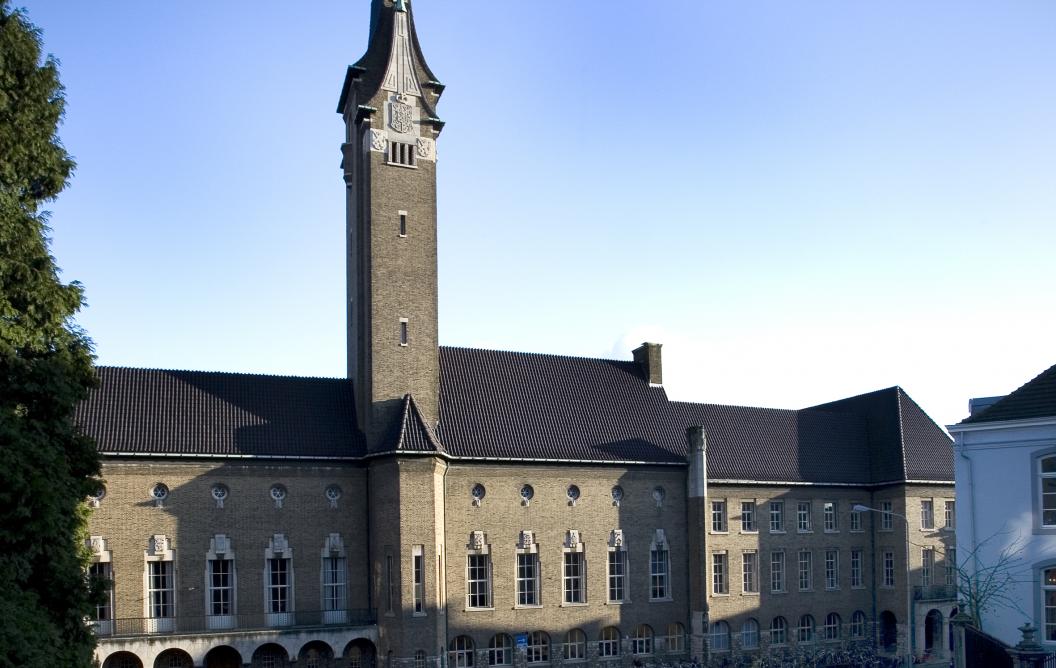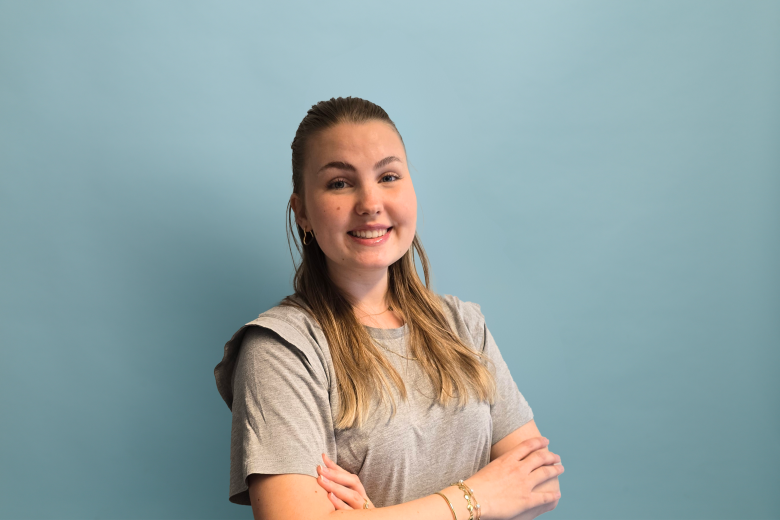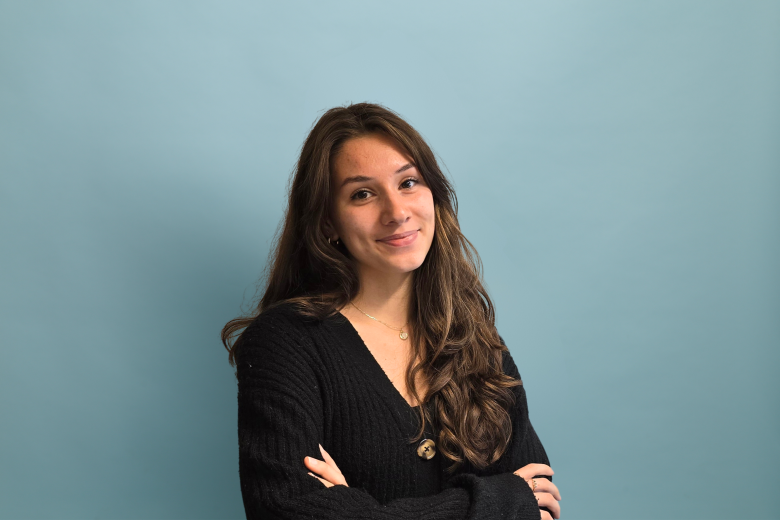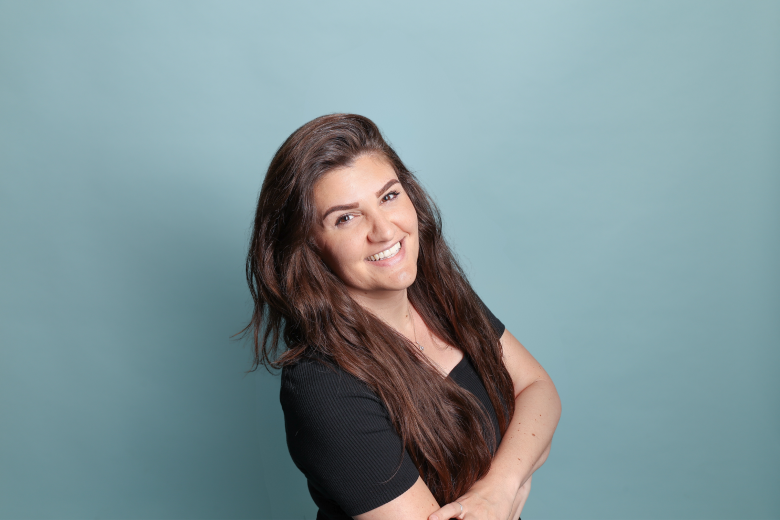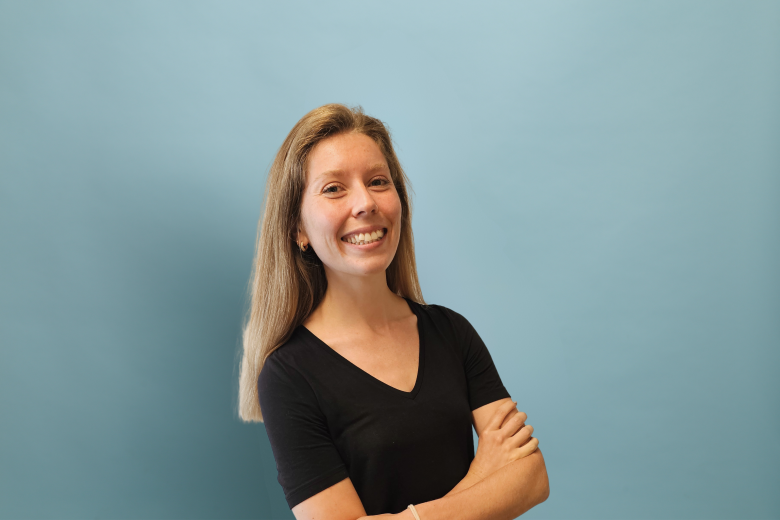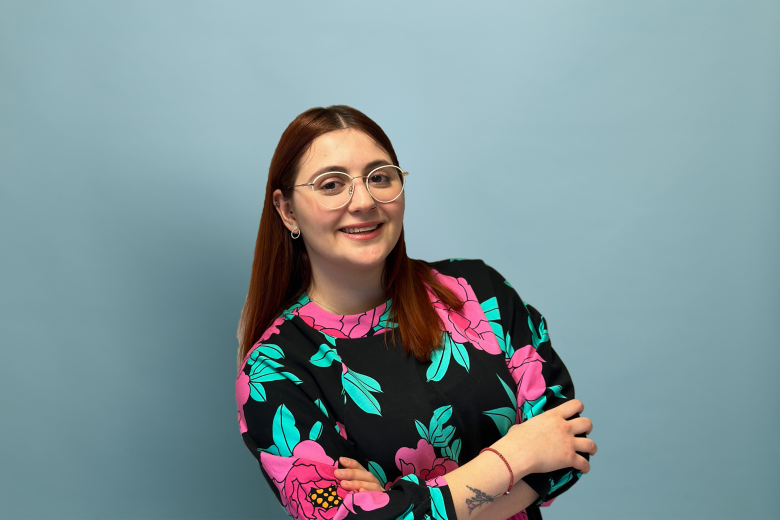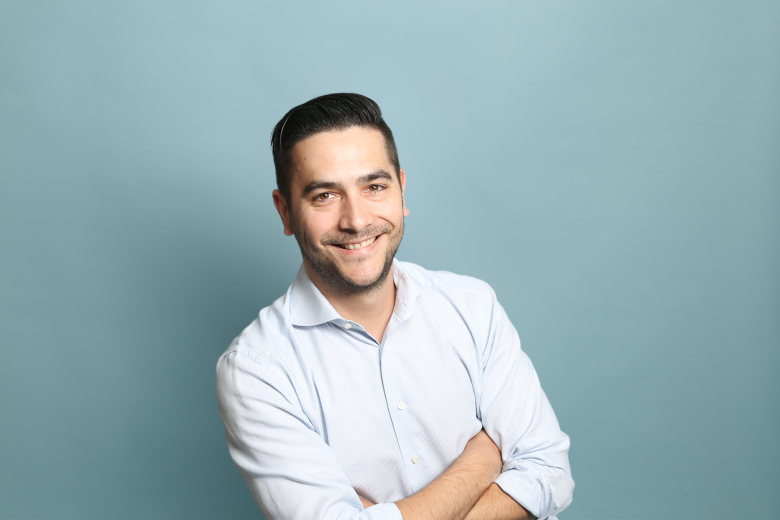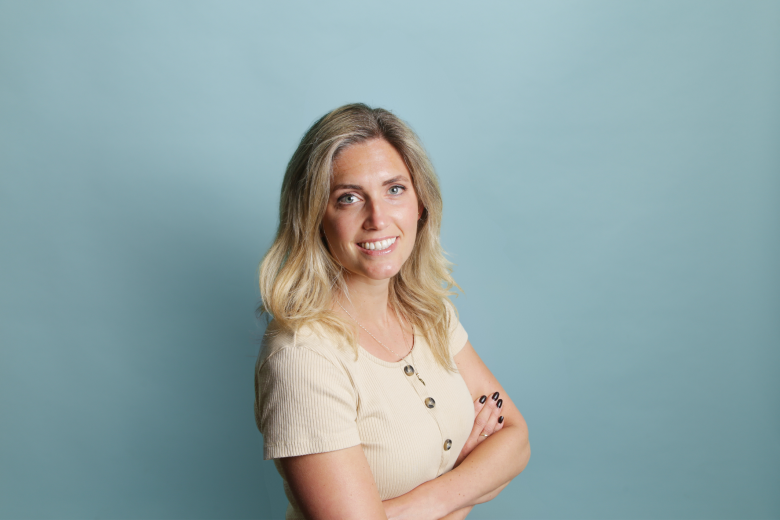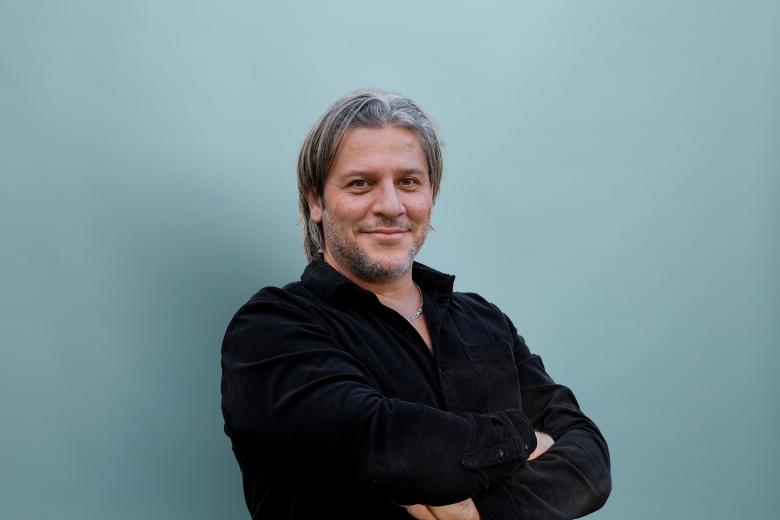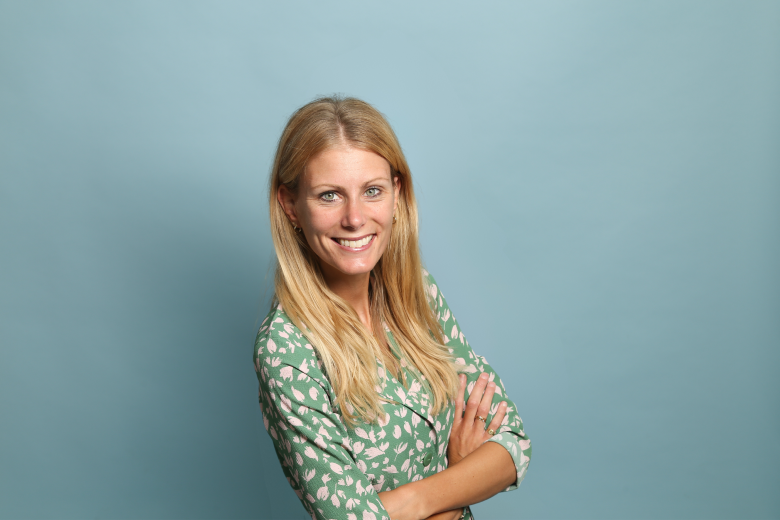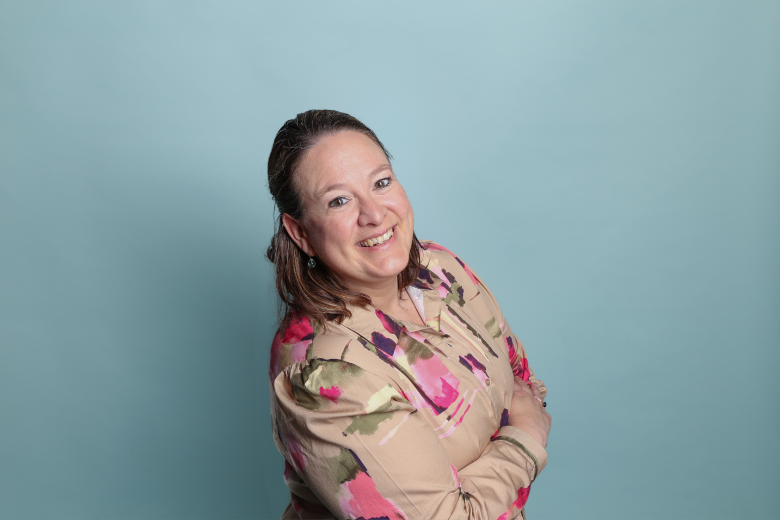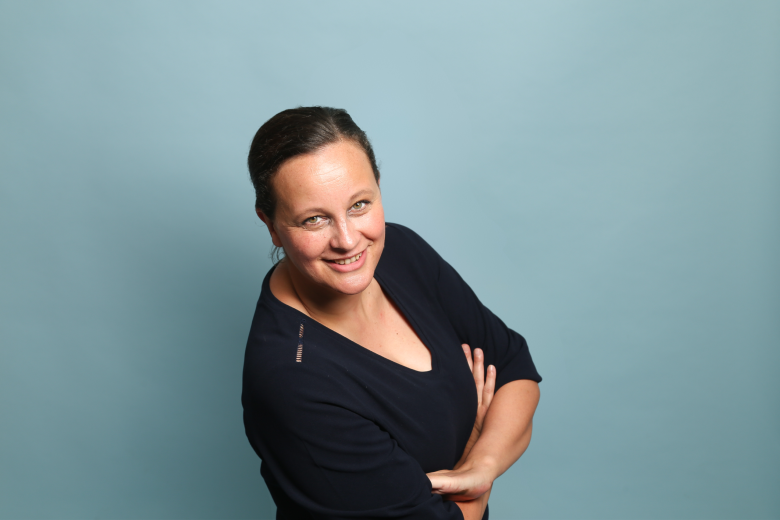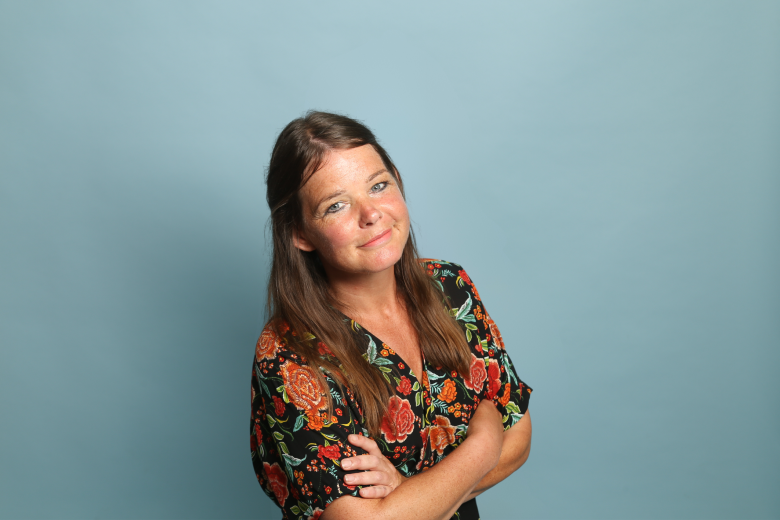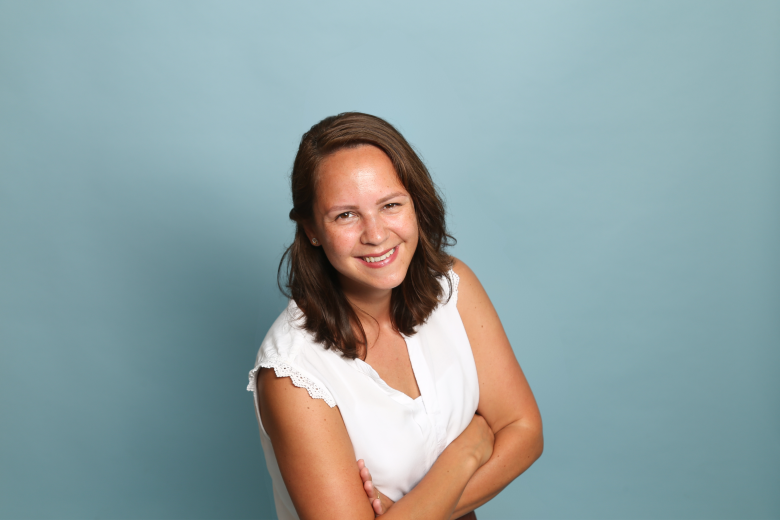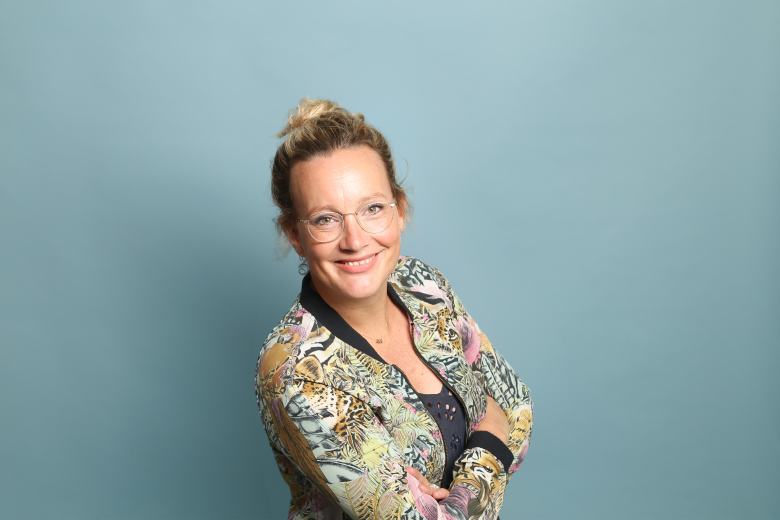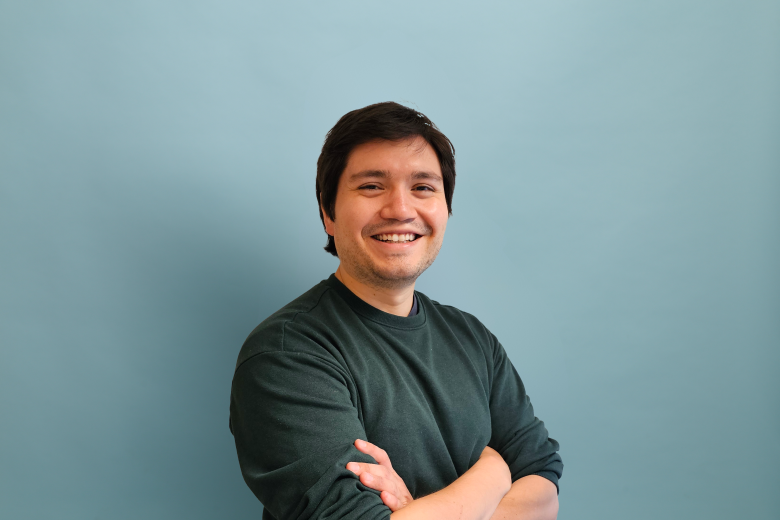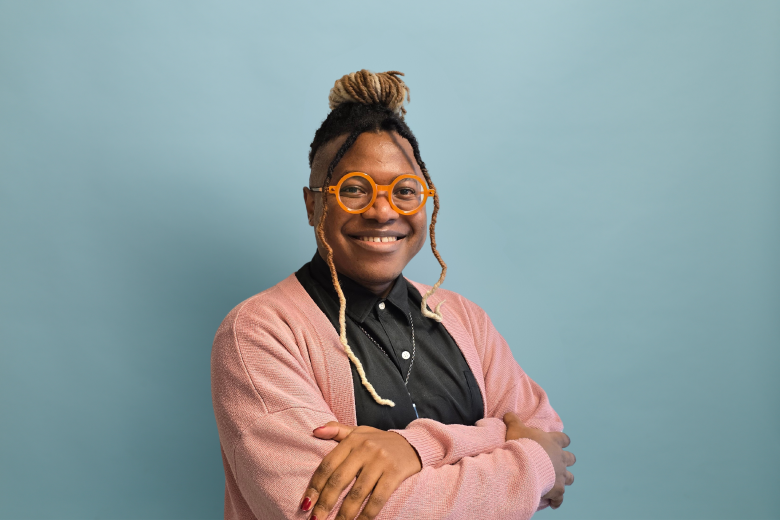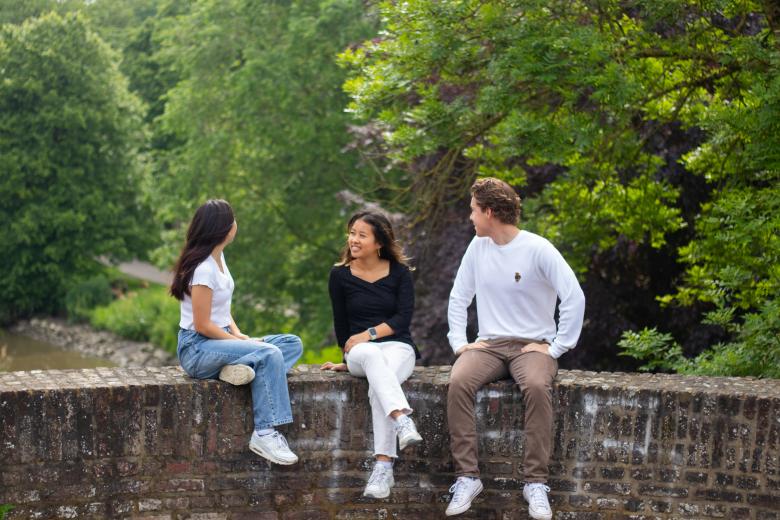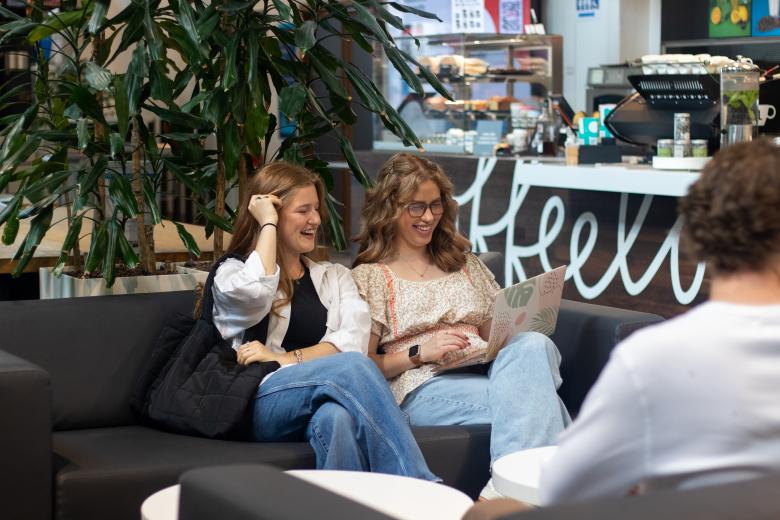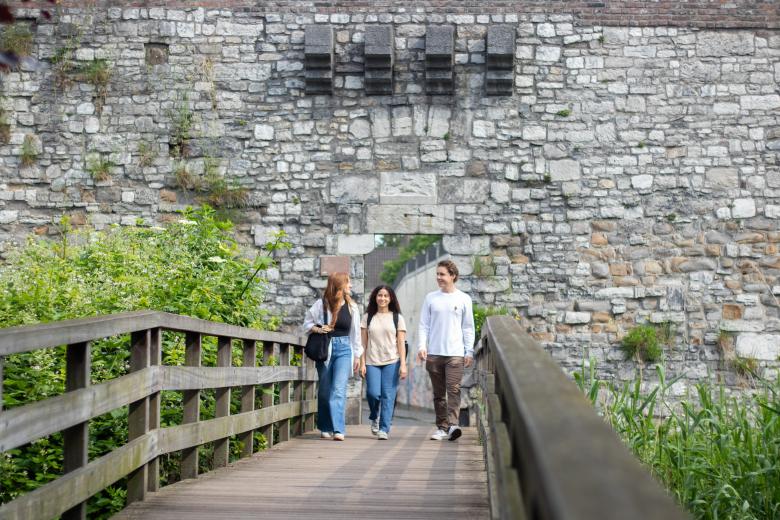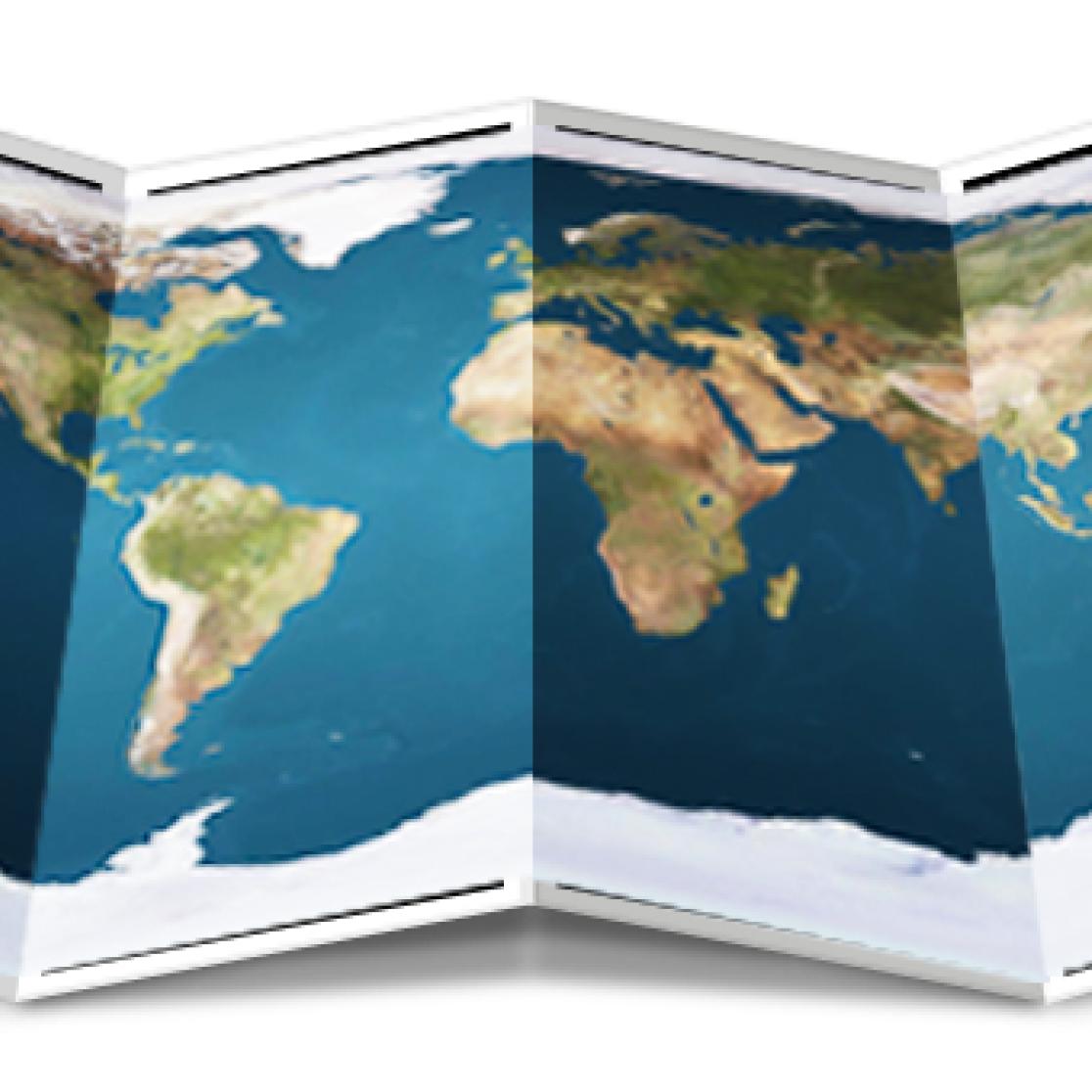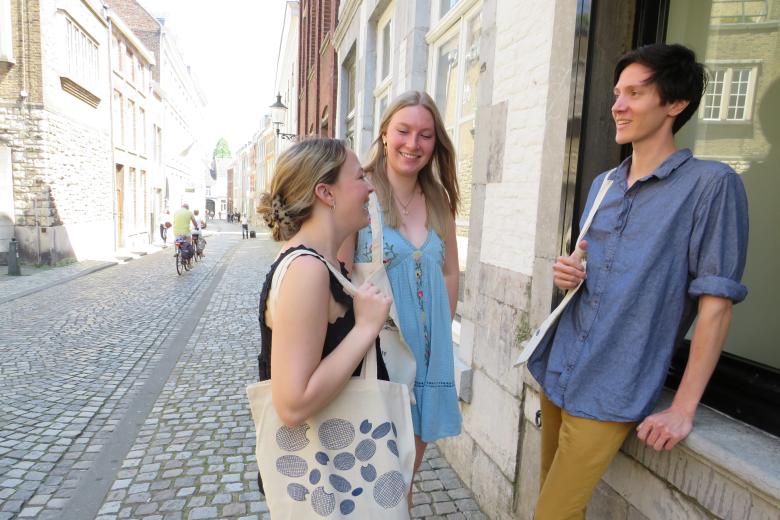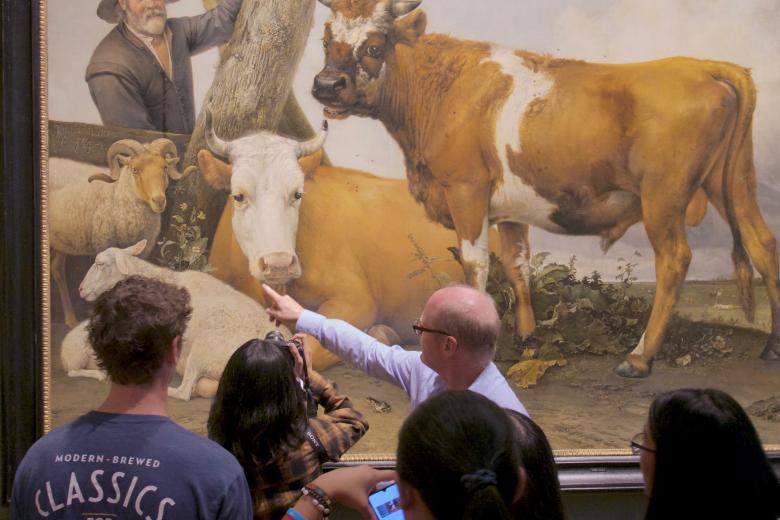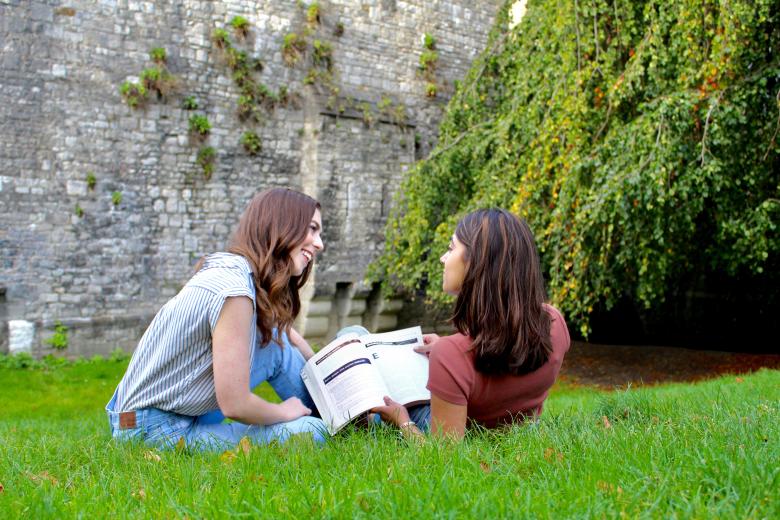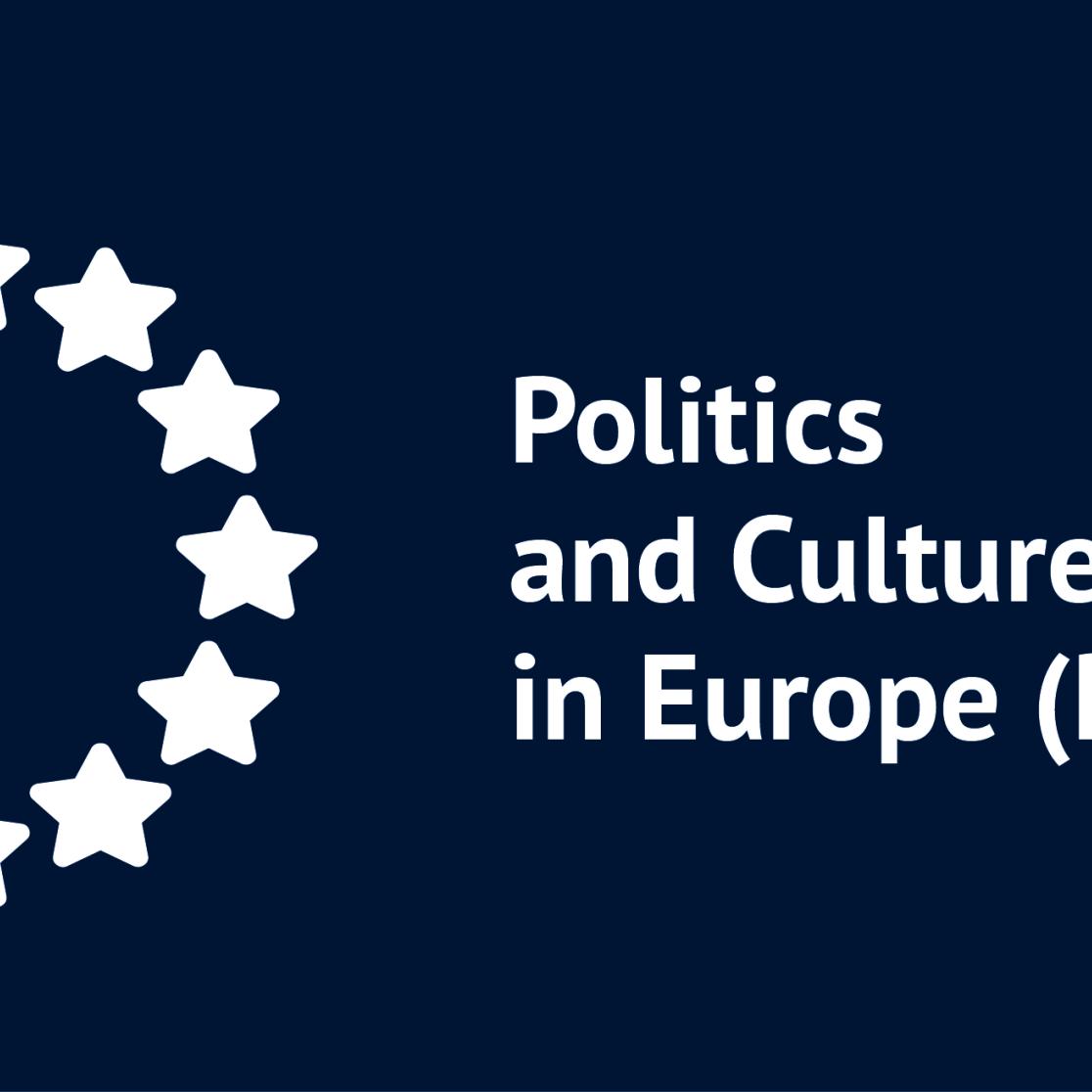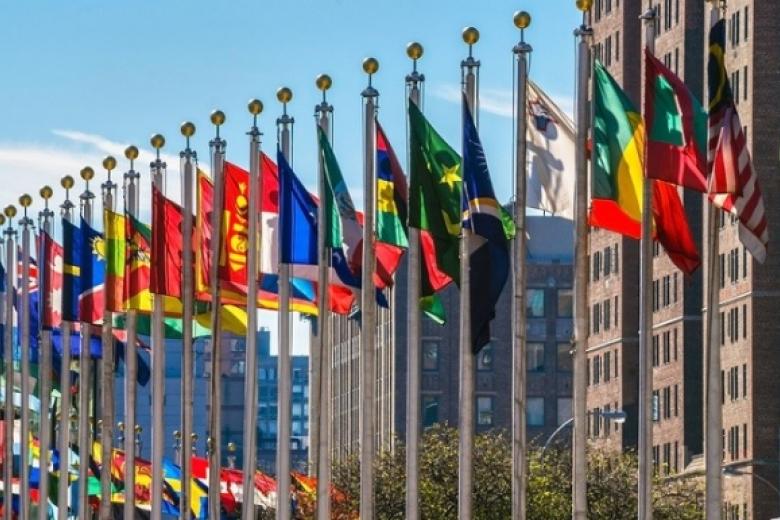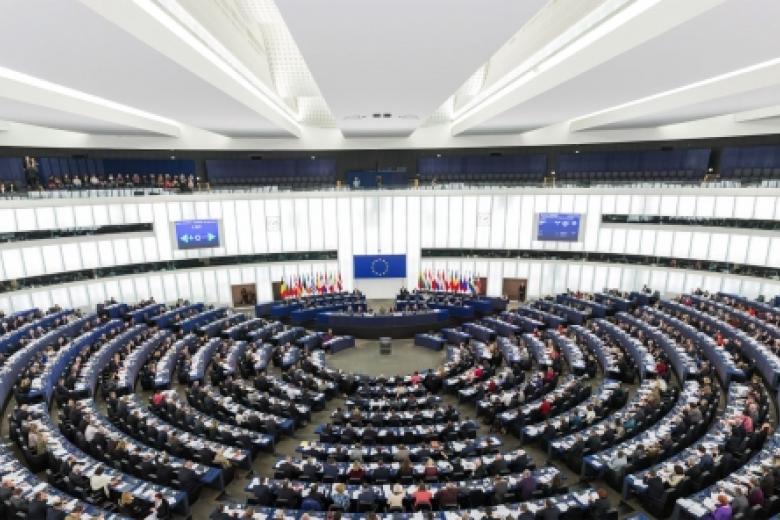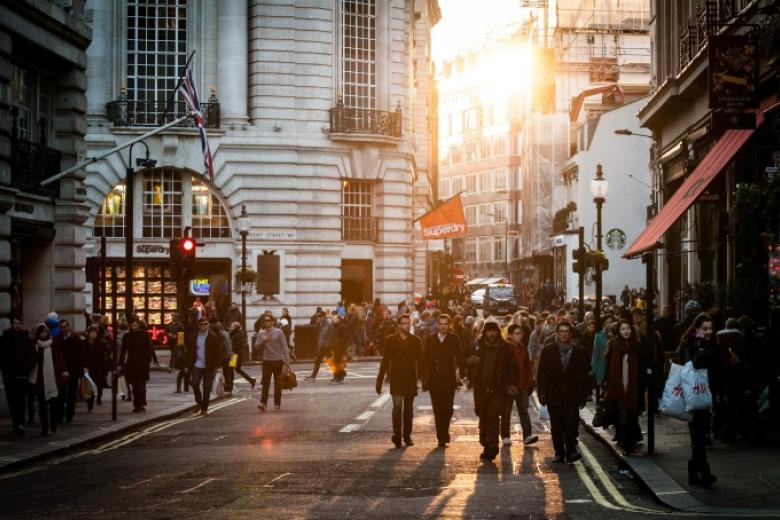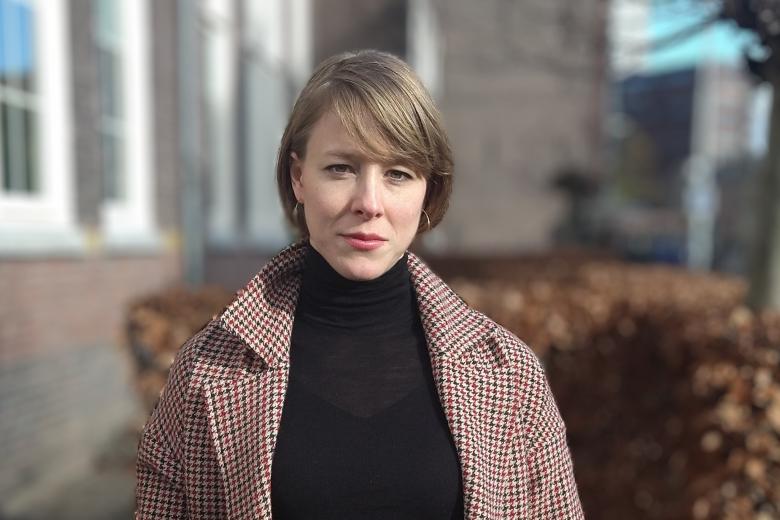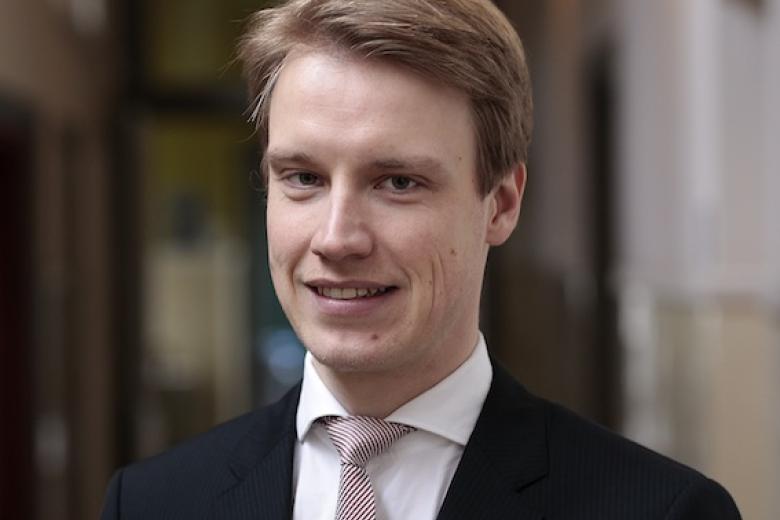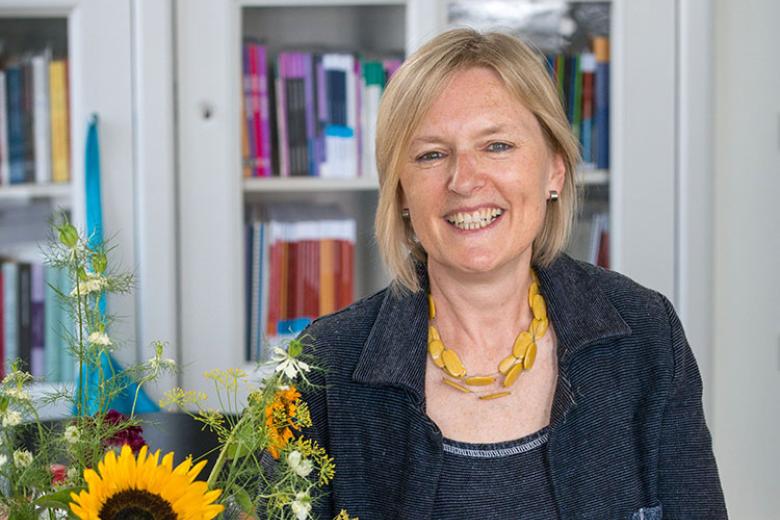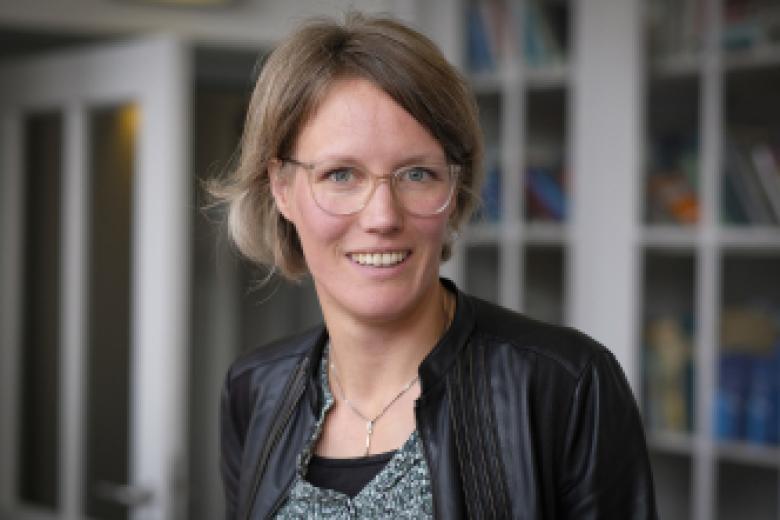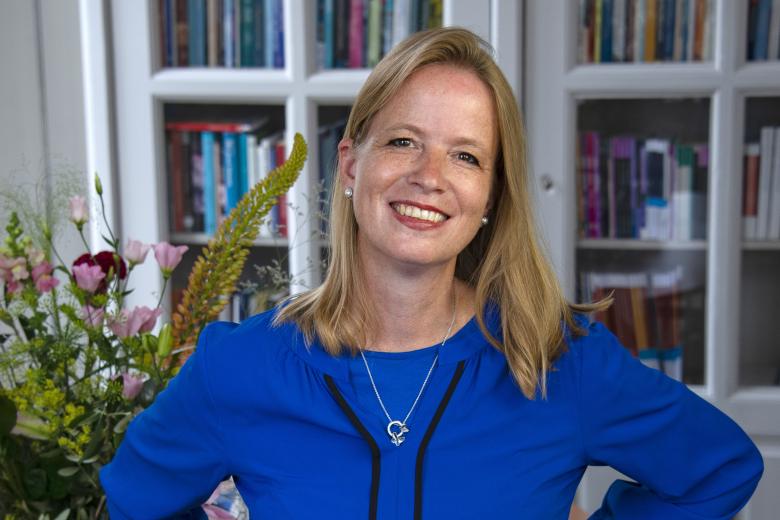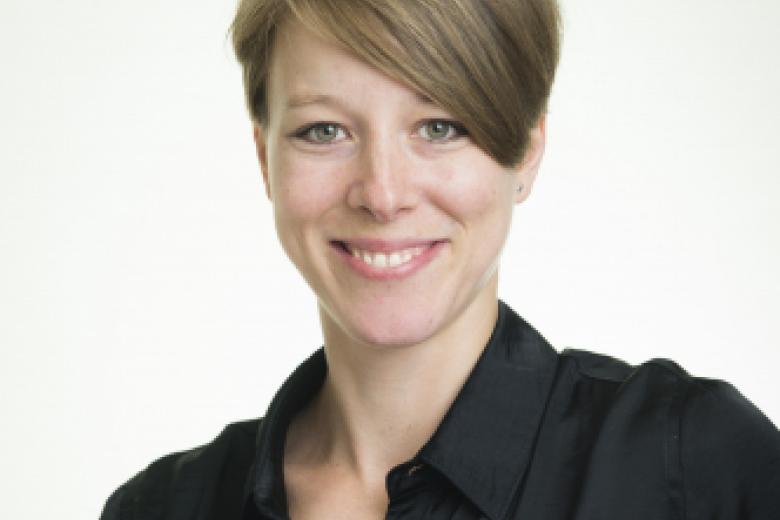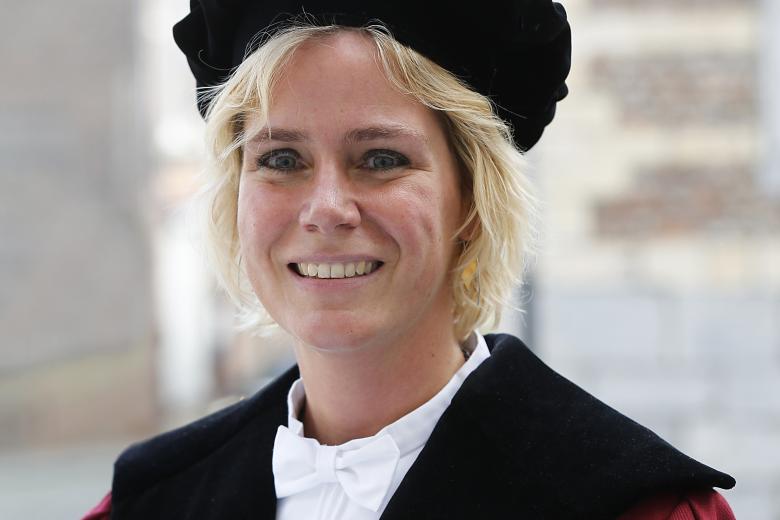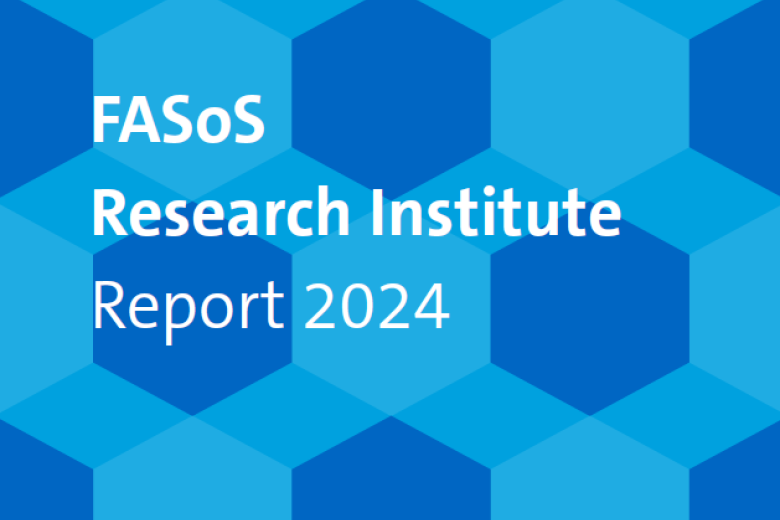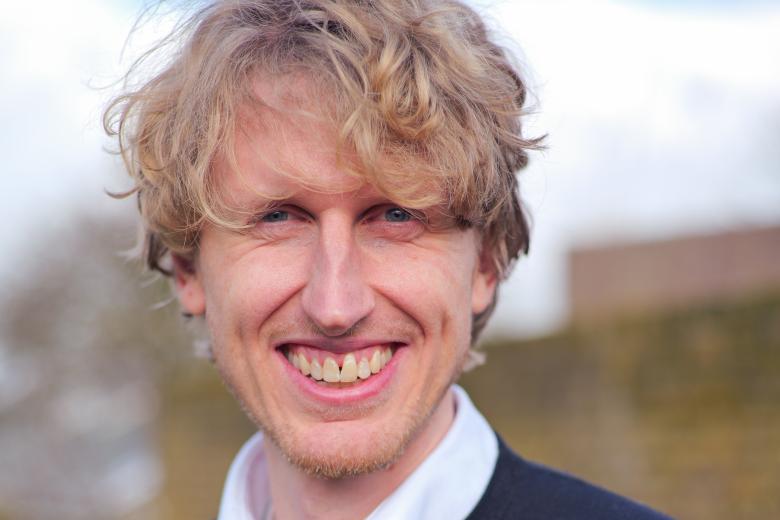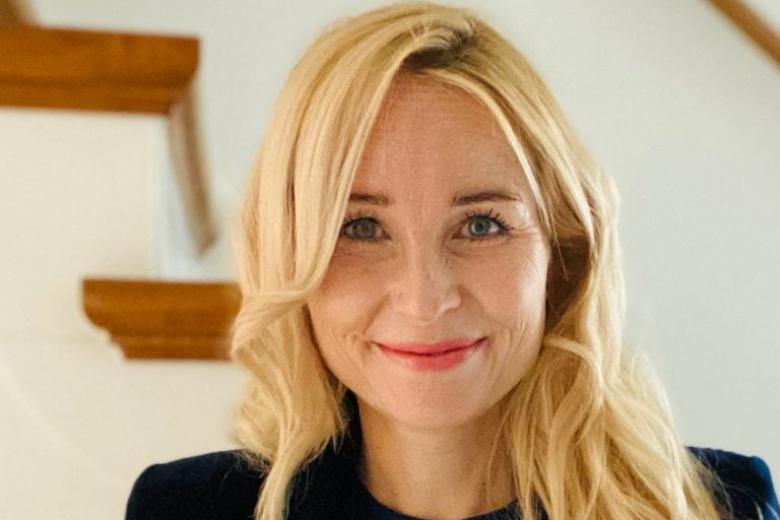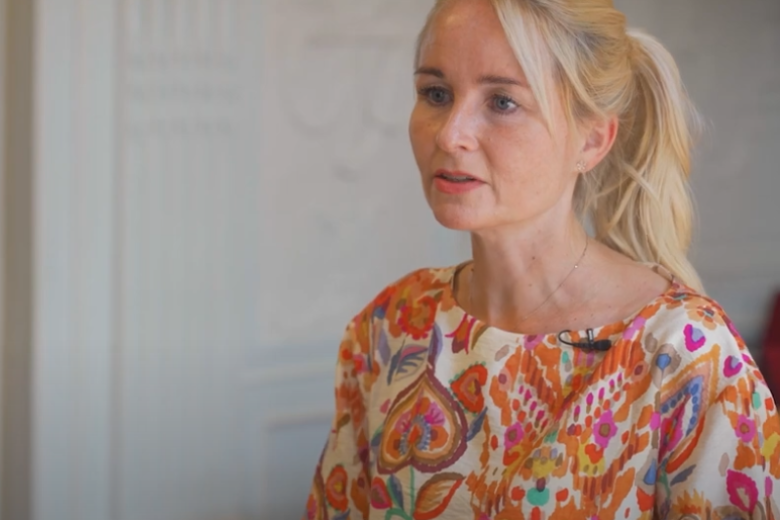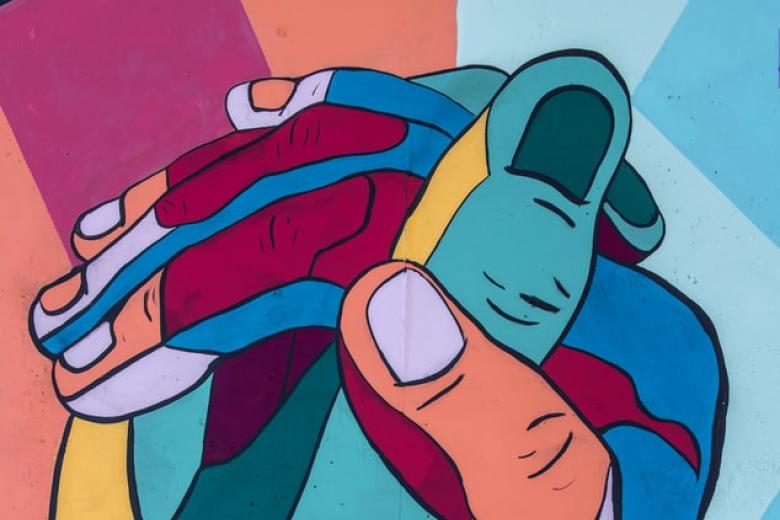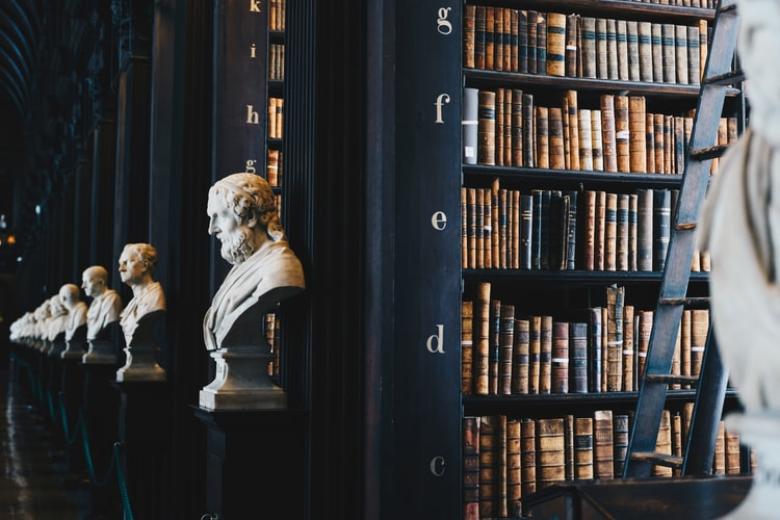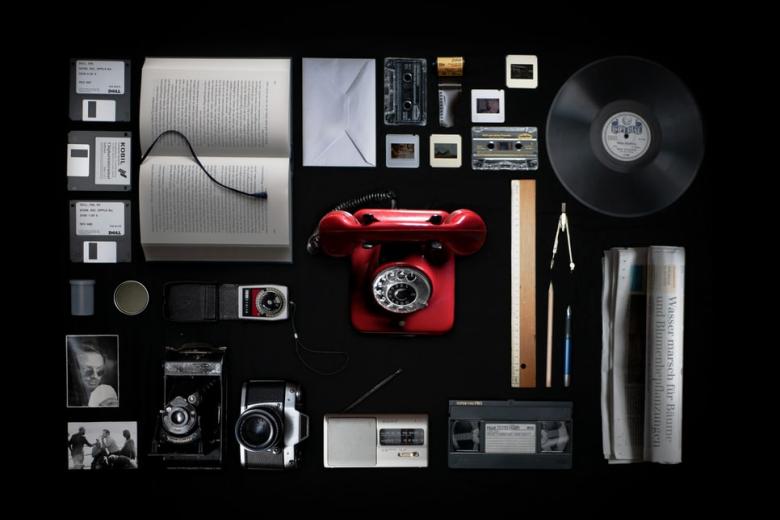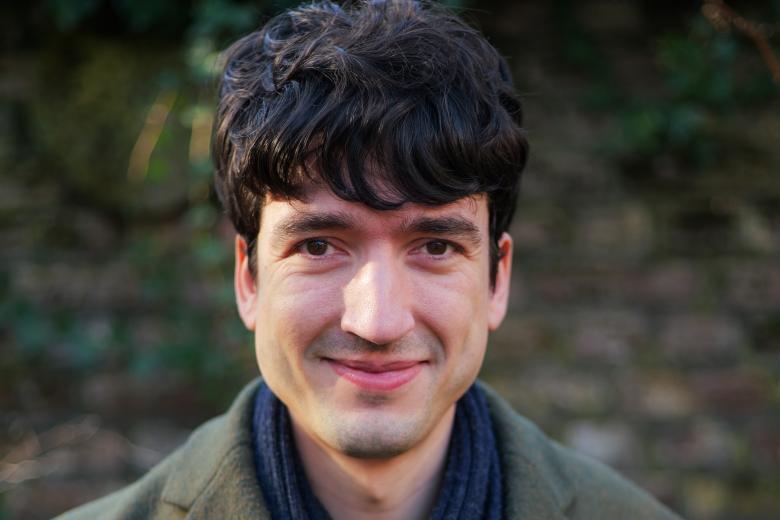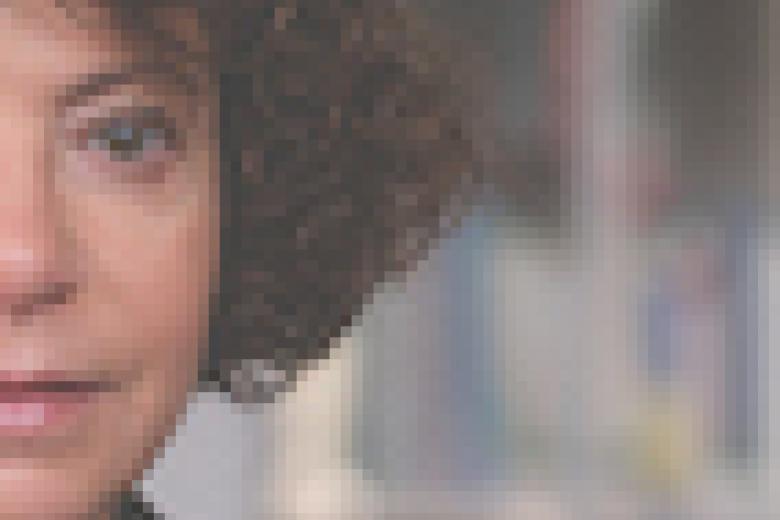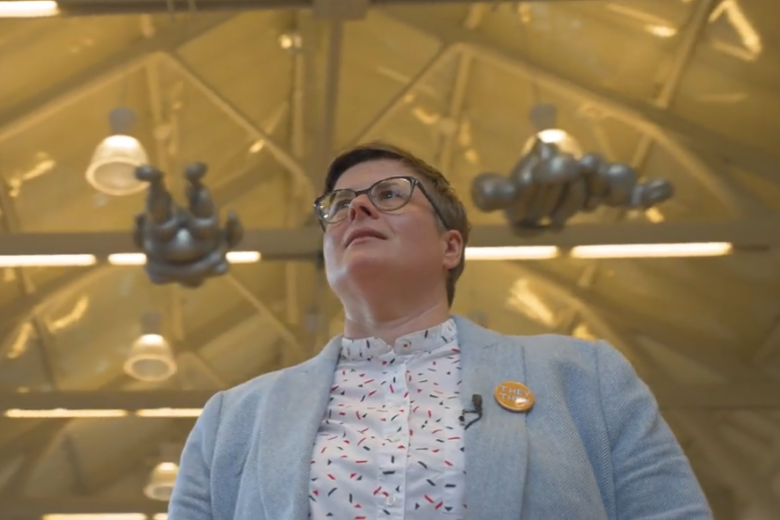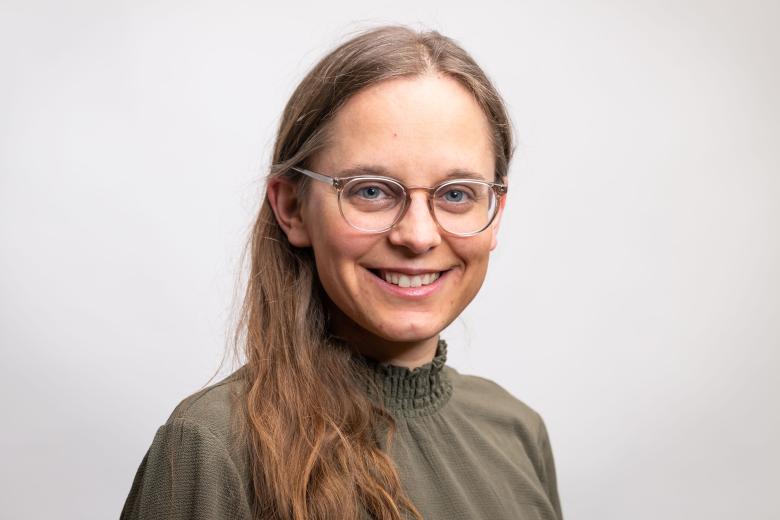Research
Observation is one of the most basic forms of research. Digitally recording an interview or discussion or filming the interaction between children at play will allow multiple people to observe and study this footage at a later date.
Having multiple researchers examine the footage can help form a second opinion. The footage can then be re-examined at a later date with other, more specific, facets in mind. Research activities are regularly organised at the Science Vision studios. These include interviews with recovering heart attack patients and research on how infants and toddlers experience feelings of shame.
Standardising explanatory or instructional materials is also easy and affordable thanks to modern media.
Presentation
Incorporating images and sounds can greatly enhance your research presentation during conferences and lectures. This will capture the attention of your audience and make your presentation more appealing.
Recruitment
Adding an explanatory film to your website can help you recruit more test subjects for your research study.
Education
In addition to traditional instruction and training, key components of education include making learning tools, documents and reference works widely accessible.
Modern media can make the transfer of knowledge both effective and fascinating by targeting specific groups. Examples include (interactive) video programmes, lectures and demonstrations that encourage students to become actively involved by broadcasting the activity live around the world.
These learning tools are available 24/7 on the Science Vision servers.
Various activities are regularly held in the Science Vision studios, including:
- training sessions and presentations
- (interactive) production of learning tools
- (live) webcasts of academic activities for part-time students
- lecture recordings
Facilities
Science Vision is located on the Randwyck Campus in Maastricht and is easily accessible by public transport and by car (free parking).
Studios
Science Vision has two studios, each with a surface area of over 80 m2 and each featuring the latest in professional audio-visual equipment. The studios were designed for video and audio recording and playback. Both studios feature HD beamers for single or double projection and both can be used for presentations, observations or video conferencing.
The studios were designed as full broadcasting studios with HD cameras, ceiling fixtures with 30 kW lighting and a comprehensive sound stage including an isolation booth to record commentary or voiceovers. Studio 1 also features an 8x3 chroma key wall. The studios are also perfectly suited for workshops, training sessions, meetings and small conferences.
On-site productions
Science Vision has several ENG sets for on-site productions, which include a camera, audio mixer, transmitter microphones and location lights. A mobile, three-camera HD production set can be used at virtually any location and is capable of transmitting live images from an operating theatre, for example, to the university auditorium. Live streaming is also one of the many possibilities.
Post-production
Audio-visual editing is done in an HD and digital post-production environment. Editing in Avid Media Composer or Adobe Premiere HD Pro knows no creative boundaries. All graphics (After Effects, Photoshop and Illustrator) and subtitles are done in-house.
